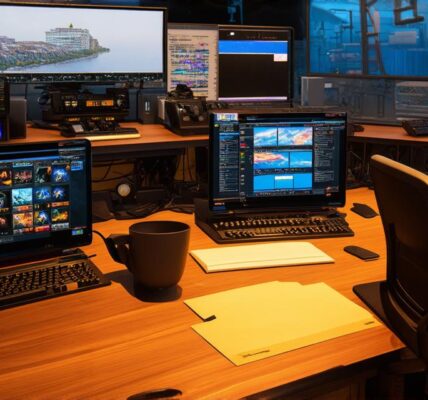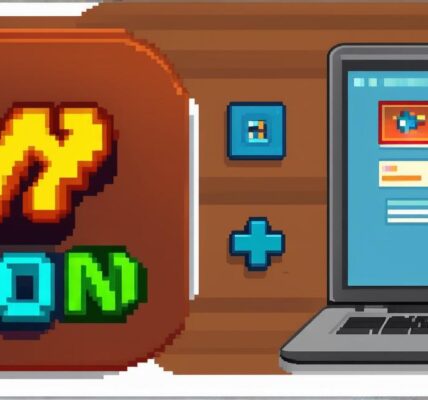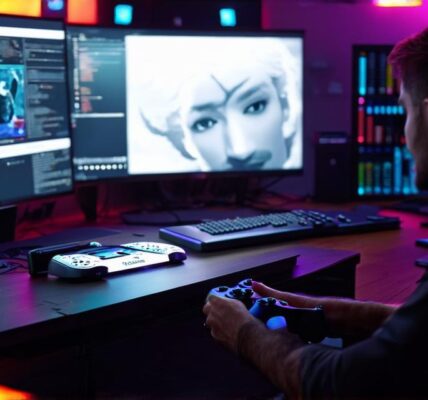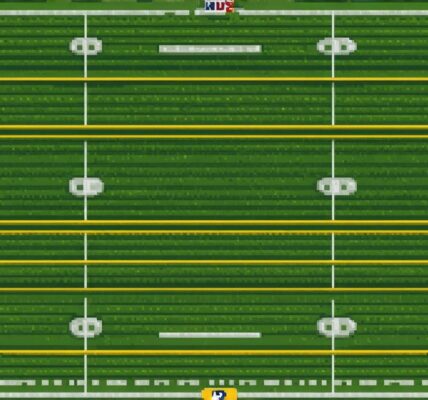1. Game Designer
Game designers are responsible for creating the concept and design of a game. They work closely with producers and other members of the development team to determine the overall vision of the game, including its mechanics, storyline, and graphics. They create wireframes and prototypes of the game to test ideas and get feedback from other team members.
2. Programmer
Programmers are responsible for writing the code that brings a game to life. They work on creating the game engine, which is the underlying software that allows the game to run smoothly. Programmers also write the code for specific game features such as physics, AI, and user interface. They collaborate with game designers and other team members to ensure that their code meets the requirements of the game design.
3. Writer
Writers are responsible for creating the storyline and dialogue for a game. They work closely with game designers and producers to ensure that the story and characters fit within the overall vision of the game. Writers also collaborate with programmers to create dialogue trees, which allow players to make choices that affect the outcome of the story.
4. Artist
Artists are responsible for creating the graphics and visual elements of a game. They work closely with game designers and producers to ensure that their art meets the requirements of the game design. Artists create concept art, 3D models, textures, and other visual elements that contribute to the overall look and feel of the game.
5. Producer
Producers are responsible for overseeing the entire development process of a game. They work closely with game designers, programmers, writers, artists, and other team members to ensure that the game is delivered on time and within budget. Producers also work with marketing teams to create promotional materials and manage the release of the game.
6. Quality Assurance (QA) Tester
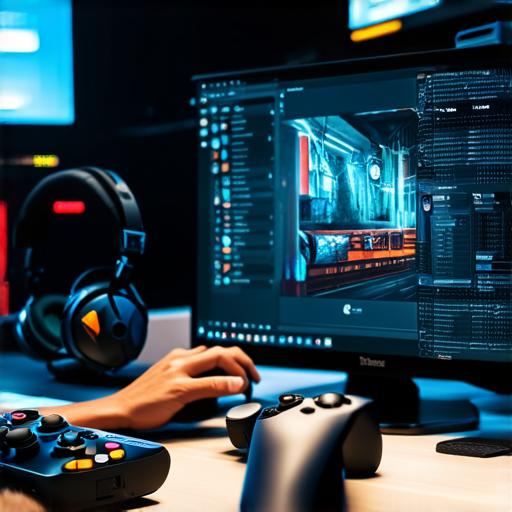
QA testers are responsible for finding and fixing bugs in a game before it is released. They work closely with programmers to identify issues with the game code and report them to the development team. QA testers also collaborate with producers to ensure that the game meets the requirements of the quality assurance process.
Case Studies
One example of a successful game development project is the creation of Minecraft. The game was developed by Markus Persson, who worked as a game designer and programmer. He used his experience in both fields to create a unique game that has captured the hearts of millions of players around the world. Another example is Fortnite, which was developed by Epic Games. The game was created by a team of designers, programmers, writers, artists, and producers who worked together to create an engaging and immersive experience for players.
Personal Experience
As a game developer myself, I have seen firsthand the responsibilities that come with creating games. I have worked as a game designer and programmer on several projects and have collaborated with other team members to ensure that our games were delivered on time and within budget. I have also experienced the challenges of finding and fixing bugs in games, which is an essential part of the development process.
Research and Experiments
Several studies have shown that game developers play a crucial role in the success of a game. A study conducted by the Entertainment Software Association found that 67% of gamers believe that game developers are important to the gaming industry. Another study by the University of Colorado found that game designers have a significant impact on the overall quality of a game.
FAQs
What skills do I need to be a game developer? To be a game developer, you will need strong programming and design skills, as well as creativity and problem-solving abilities. You will also need to work well in a team environment and have excellent communication skills.
What is the average salary for a game developer?
The average salary for a game developer varies depending on factors such as experience and location. In the United States, the average salary for a game developer is $90,763 per year, according to Glassdoor.
How long does it take to create a game?
The time it takes to create a game can vary depending on several factors, including the complexity of the game and the size of the development team. A small team working on a simple game may be able to complete the project in a few months, while a large team working on a complex game could take years to finish.
Conclusion
In conclusion, game developers play an essential role in the gaming industry. They work closely with other team members to create games that are engaging, immersive, and fun. As technology continues to advance, game developers will continue to evolve and adapt to new challenges. By understanding the responsibilities of game developers, we can appreciate the hard work and dedication that goes into creating the games that we love to play.

